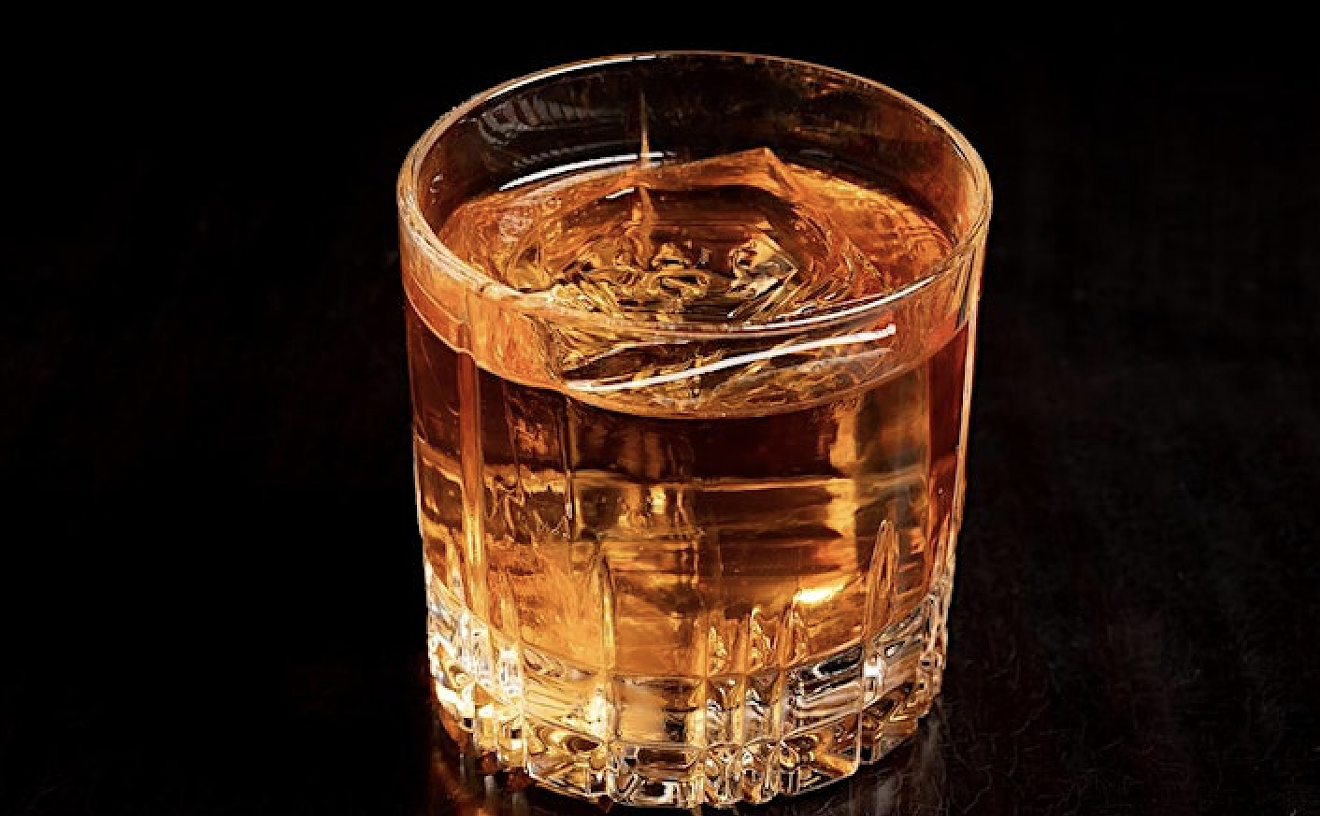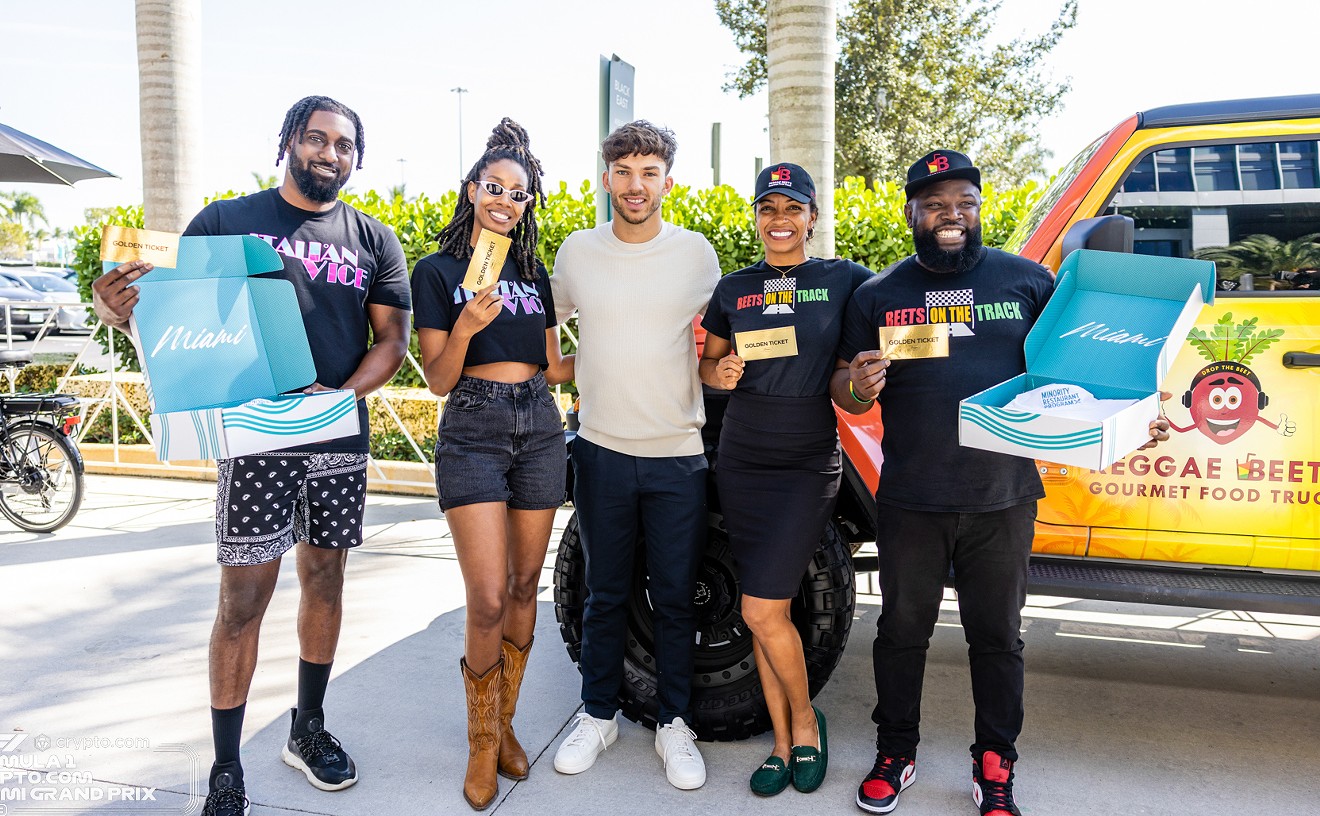The term "fat-free" rarely brings joy to anyone's heart. But a vegan diet free of extracted oils -- including extra virgin olive oil -- can literally save your heart.
The trouble is, as I personally have discovered, it's hard as hell to stick to such a plan.
Have you noticed those "no oil added" signs sticking out of the deli items at Whole Foods lately? Ever wonder why they're making such a big deal of the oil-free thing, especially when olive oil is supposed to be so good for you?
The answer is that olive oil is not so good for you. At least according to Dr. Caldwell B. Esselstyn and Dr. Joel Fuhrman, two giants in the world of eating for wellness and longevity.
Esselstyn, who was featured alongside Dr. T. Colin Campbell in the acclaimed plant-foods-as-medicine documentary, Forks Over Knives, made "no extracted oil of any kind" a key rule of the plant-based diet he prescribed to a group of near-dead patients with coronary disease. Twenty years later, those who complied are still alive and well.
Fuhrman and Esselstyn agree that all oils are nutrient-poor and calorie-dense. The combination of these two characteristics make oil -- even extra virgin olive oil -- an extremely low-ranking food on Fuhrman's Aggregate Nutrient Density Index.
The scale uses the simple equation of nutrients divided by calories to calculate the value of a food. Kale, which is extremely high in nutrients and very low in calories, is an example of one of the foods that tops the ANDI scale. So even though olive oil may provide vitamin E and omega-9 fatty acids, among other nutrients, its extremely high calorie and fat content gives it a score of just 9 on the ANDI scale, whereas kale, for example, scores 1,000.
Fuhrman's scoring scale is largely based around the volume of your stomach. Four hundred calories of olive oil takes up less than four tablespoons of space inside your stomach and could be ingested in less than a minute, whereas four hundred calories of spinach... well, it would take you all day to chew, and it would stretch your stomach to capacity.
Fuhrman says it's the stretch of your stomach walls that lets you know when you're full, so people who eat lots of vegetables eat fewer calories, feel fuller, and are better nourished, whereas people who eat lots of oil-rich foods eat many more calories, feel less full, and consume fewer essential micro- and phyto-nutrients.
It's completely logical, and I was so convinced of the doctor's science that I decided to step my vegan diet up to oil-free in accordance with the plan Fuhrman outlines in Eat to Live. But I've got to admit, even for me, a vegetable lover, it was hard to keep up. The doctor recommends eating two pounds of fresh and steamed vegetables every day and consuming minimal fat, and then only from plant sources like raw nuts, seeds, and avocado. As a runner and a CrossFitter, I may have been too stingy with the plant-sourced fats I consumed; the doctor recommends that the very active up their intake of these naturally fatty foods. In any case, feeling like a crazed and ravenous wild animal despite having consumed cup upon cup of mushrooms, tomatoes, spinach, and garbanzos, I caved after about a week of the oil-free diet. I am so convinced by the science behind it, though, that I am going to reconfigure and give it another try.
I'm not the only believer in the oil free diet who's had trouble sticking to it. Marie Jorgensen, a vegan who lives in Coconut Grove, ate oil-free for a month before falling off the wagon.
"At first I didn't think about the effect oil has on our bodies because that's how we're raised. They teach us that olive oil is healthy; a couple of teaspoons on your salad is a good thing," she said.
She learned about the detriments of oil while doing Rip Essyltein's 28-Day Engine 2 Challenge sponsored by Whole Foods. "Then one day, when I was cleaning the dishes, there was oil on them, and I was scrubbing and scrubbing and scrubbing on these dishes, and I realized, 'Oh my gosh, if this is how it is on the plate, imagine how it must be inside of our bodies.'" She went oil-free for a month and said she felt lighter and more energetic. "My skin got better and softer, and I wouldn't feel as heavy when I would wake up in the morning."
Jorgensen works up to seven days a week. She said convenience was a big factor in her slide from the oil-free lifestyle, remarking that nearly every prepared product in the grocery store contains some sort of oil. Like me, though, she still believes in the oil-free diet, and is eager to give it another shot.
"Finding a balance is a goal of mine," she said. I'm pretty sure she's not alone.
Follow Short Order on Facebook and Twitter @Short_Order.









